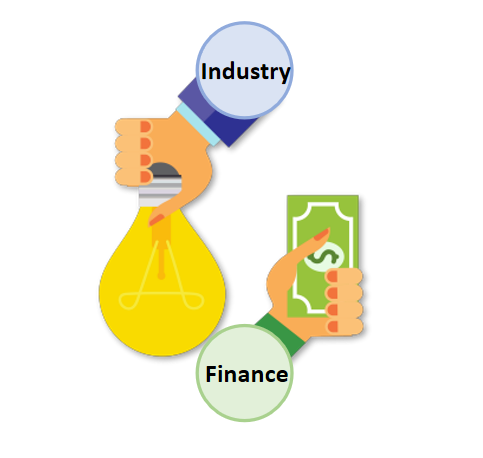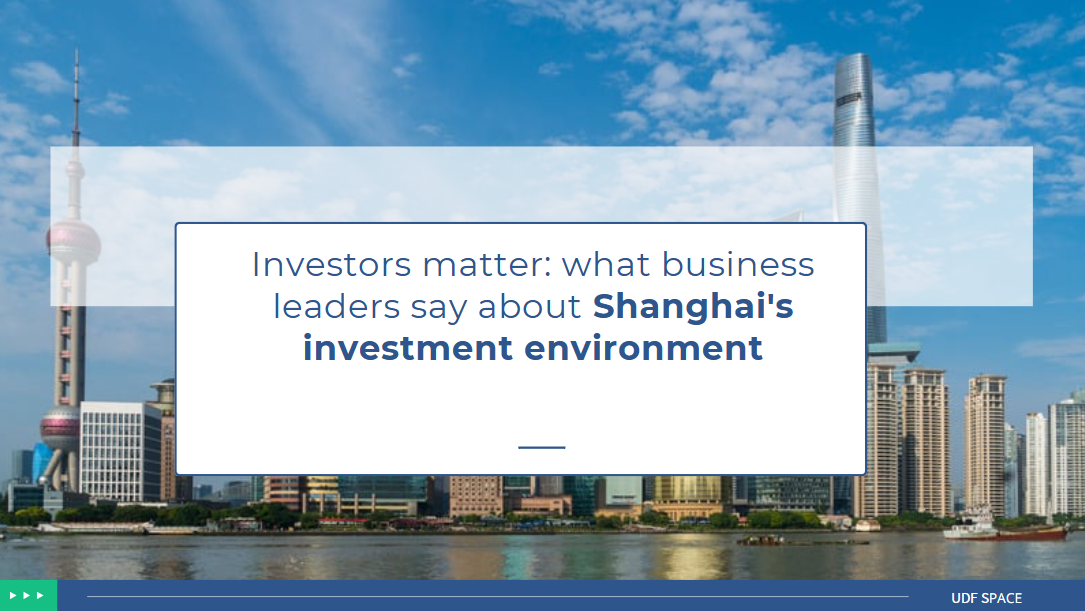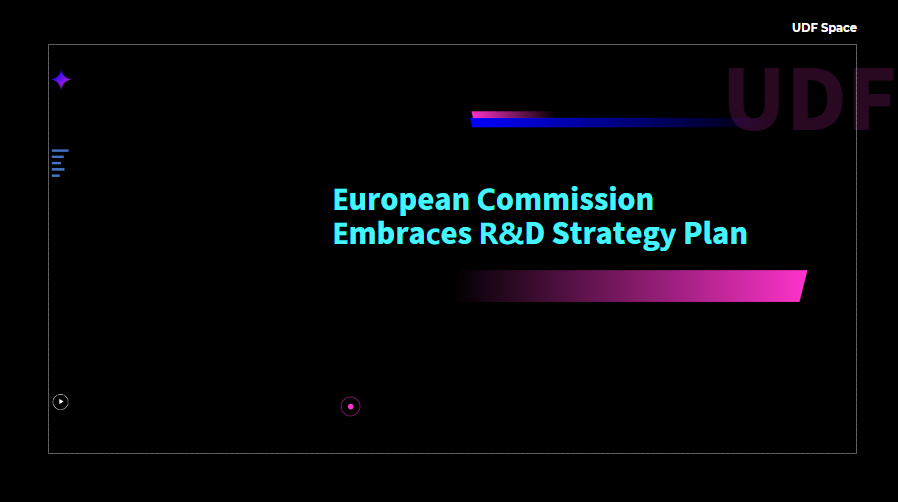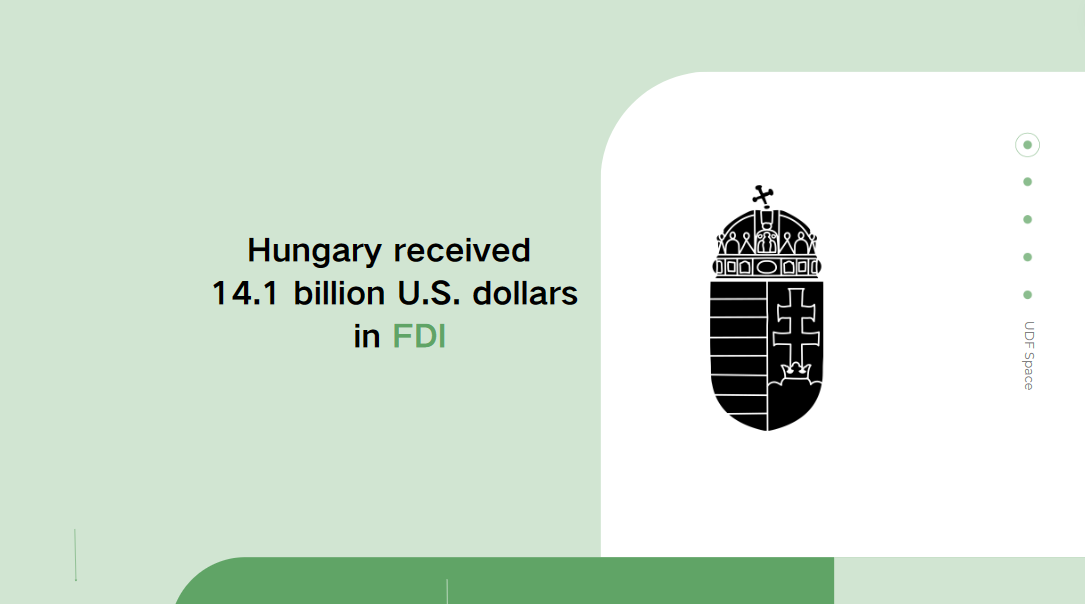Foreign direct investment reviews 2024: Sweden
On December 1, 2023, the long-awaited new Swedish FDI legislation entered into force. The Swedish FDI Rules provide for screening of investments in protection-worthy businesses, to avoid foreign direct investments that will harm Sweden's national security, public order or public safety.
Summary of major changes in 2023
♦On September 13, 2023, the Swedish parliament adopted the new Swedish FDI Rules (Lag om granskning av utländska direktinvesteringar), and the rules entered into force on December 1, 2023. Under the Swedish FDI Rules, investments in protection-worthy businesses will need to be notified to the Swedish authorities by the investor, and be cleared before the investment can be completed
♦In connection with the implementation of the Swedish FDI Rules, the government and certain coordination authorities have published complementary guidelines on how the law shall be interpreted and what types of businesses should be considered protection-worthy (and thus fall within its scope)
♦The Swedish Security Protection Act (Säkerhetsskyddslagen) will continue to apply in parallel to the new regime, meaning that for entities that operate security-sensitive activities, need to comply with both the Swedish Security Protection Act and the Swedish FDI Rules
Who files?
The filing obligation falls on the investor—the legal or natural person carrying out a transaction or otherwise acquiring influence over a protection-worthy business that falls within the scope of the Swedish FDI Rules. In general, this is the actual person acquiring the business that is considered to be the investor. For limited liability companies (aktiebolag), this will thus normally be the person that will be registered as the owner in the share register of the target company.
The filing should be submitted to the Inspectorate of Strategic Products (ISP; Inspektionen för Strategiska Produkter). The filing must be made, and approval must be obtained, in order for the investment to be completed—in other words, prior to closing of an acquisition. It should be noted that, if a filing has not been submitted despite there being an obligation to do so, the relevant authority may nevertheless decide to review the investment ex officio.
Even if the filing obligation falls on the investor, the target company has an obligation to notify the investor that the target company has assessed that its business is covered by the Swedish FDI Rules and that the investor accordingly has an obligation to file.
Types of deals reviewed
The scope of the regulation encompasses investments pertaining to so-called "protection-worthy activities" (skyddsvärd verksamhet). The regulation sets out an exhaustive list of seven types of activities that are to be considered protection-worthy: activities essential for society; security- sensitive activities; activities relating to critical raw materials, metals or minerals; activities relating to processing sensitive data relating to either personal data or localization data; activities relating to war material; activities relating to products with dual uses; and activities relating to strategically valuable technology.
Although the list is limited to these seven types of activities, the wording is very broad, and in practice the rules will likely cover a wide range of businesses, including activities within sectors relating to infrastructure, electricity, healthcare, transportation, information technology, finance, construction, trade and manufacturing.
In connection with the implementation of the Swedish FDI Rules, certain coordination authorities have published complementary guidelines on what types of businesses should be considered protection-worthy (and thus fall within its scope), but the exact scope of the rules is, as of November 2023, not clear.
Scope of the review
An investment in a protection-worthy business as described above must only be filed if the investor, directly or indirectly, has gained control or influence over such business, or if the investor increases its control or influence over certain thresholds. Specifically, an investment carried out in an existing company resulting in the investor holding or exceeding 10, 20, 30, 50, 65 or 90 percent of the votes in the company entail a filing obligation, as well as an investment resulting in the investor holding 10 percent or more of the votes in a new venture intending to set up a business considered protection-worthy.
A filing obligation also applies to asset deals, investments in a partnership, sole proprietorship, a foundation or a private business activity, and other types of transactions where the investor receives direct or indirect influence over a protection-worthy business. This likely includes all investments resulting in the investor obtaining power to appoint board members or having material veto rights.
There are very limited exceptions to the filing obligation, and it should be specifically noted that there is no general exception for investments in listed companies.
The filing obligation applies to all investors (both foreign and domestic). However, only investments made by so-called "foreign investors" may be scrutinized. A foreign investor is defined in the law as: a natural person with citizenship from a state outside the EU; a legal entity with its registered office in a non-EU country; a legal entity that is directly or indirectly owned or controlled by a state outside the EU; or a legal person directly or indirectly owned or controlled by a legal person established in a state outside the EU or by a natural person having the nationality of such a state.
Review process timeline
An investment made by a non-foreign investor shall be left without action (be approved) within 25 business days from when the complete filing was submitted. If the investment is made by a foreign investor, and it cannot be excluded that the investment may have a detrimental effect on Sweden's security, the ISP has an additional three months, with a possible extension of another three months, to review the investment. The ISP may then issue an approval, a prohibition or an approval subject to certain conditions.
A breach against the Swedish FDI Rules may result in a fine for the investor or the target company amounting to between SEK 25,000 (US$2,400) and SEK 100 million (US$9.55 million). An investment in a non-listed company conducted in violation of the Swedish FDI Rules may be nullified, whereas an investment in a listed company may only lead to an order to divest the relevant shares within a certain timeframe.
How foreign investors can protect themselves
In view of the novelty of the Swedish FDI Rules, there is currently limited guidance on the sectors and industries covered by the rules, as well as the review process. A case-by-case assessment of the target company is therefore recommended in every deal.
An investor who aims to invest in a protection-worthy business should be prepared to disclose information about its ownership structure, and about the target company's business, including services and/or products offered, assets held, customers services or personal data processed. As pointed out, the responsibility for the filing lies with the investor, and prior clearance should be a condition precedent of any prospective deal.
As any investor classified as a foreign investor may be subject to a more in-depth assessment—an assessment period of up to three-plus months—investors should review their ownership structure and assess whether they are classified as a foreign investor in order to predict the timeline of the transaction process. Investors with only domestic and/or EEA persons in their ownership structure should expect a speedier process and to obtain an approval within 25 business days.
"Looking ahead": Likely developments in the next year
The scope of the Swedish FDI Rules is currently very wide, and there is no clear definition of what constitutes a protection-worthy activity. The expectation is that there will be further guidance on how the regulation should be applied during the coming year—both through issued guidelines from the authorities and through precedents on how the authority has assessed submitted filings—and that, over time, the range of investments where the investors will need to file will decrease.
Given the new rules, there are likely to be changes in how competitive investment processes are run, with increased focus on whether the bidders will have any issues with obtaining approval under the Swedish FDI Rules. We also expect changes in how investment agreements are negotiated and drafted, with an increased focus on FDI-related conditions precedent.
As the Swedish FDI Rules entered into force in December 2023, 2024 will be a year of applying the rules in practice and establishing precedents and routines for ensuring a smooth investment process. Hopefully, by the end of the year, the Swedish FDI Rules will be a more straight-forward regulation applied without any major uncertainties.





















































First, please LoginComment After ~